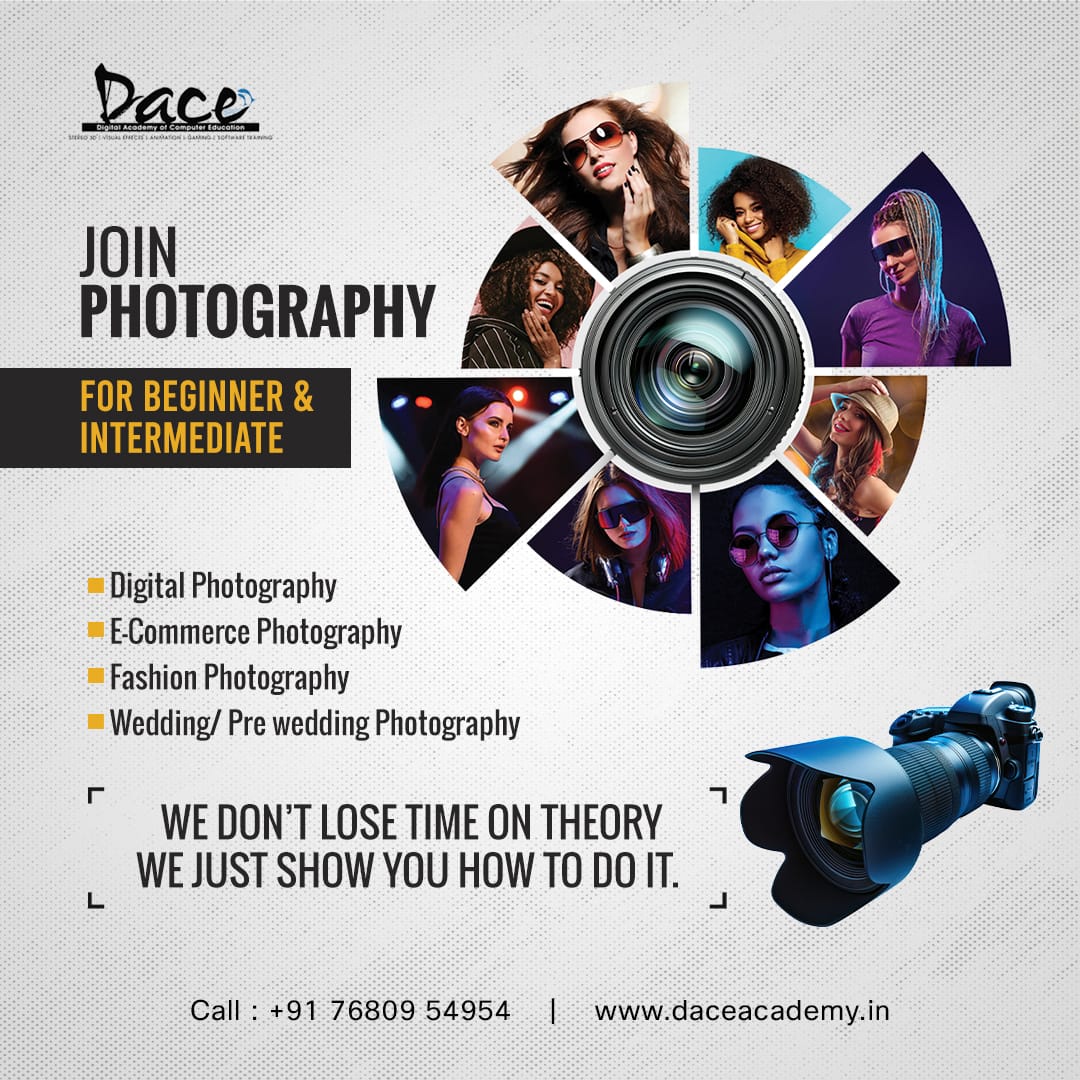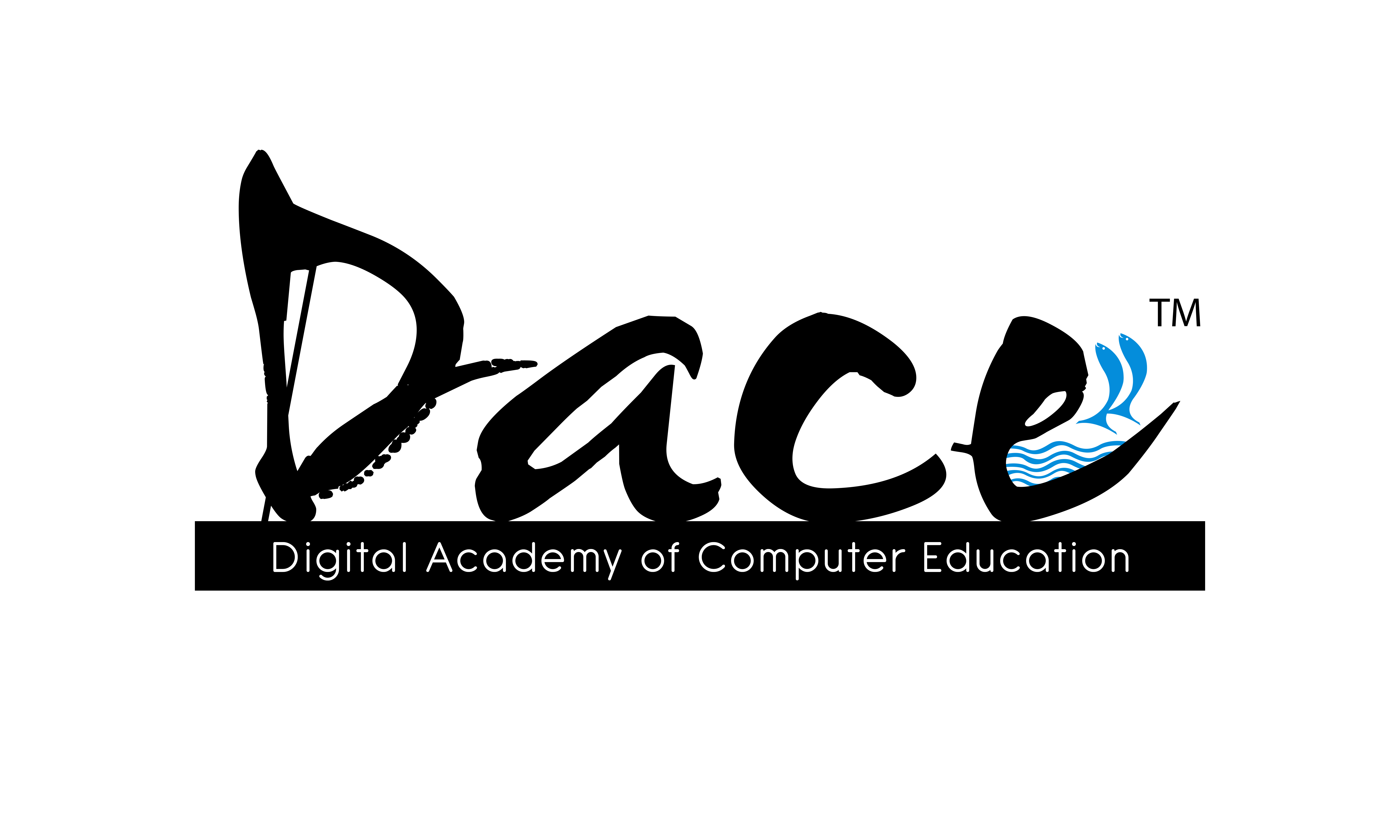
Photography with Our Expert-Led Courses
Cinematography blends art and science to capture compelling visual images. It starts with mastering basics like camera settings, framing, and lighting. As skills advance, it involves sophisticated techniques such as dynamic camera movements, diverse lenses, and special effects. At its core, advanced cinematography uses visual storytelling to evoke emotions and convey narratives, making it an essential craft in filmmaking.

OVERVIEW
Program Duration
2 Months
3 Days a Week (Thur, Fri, Sat)
5 Hours per Day
Course Structure
- Basics of Camera:
Structure & Features
Aperture, Shutter, ISO
2. Exposure:
Settings of Aperture and Shutter
F-Stops, Exposure Triangle
Depth of Field, Hyper Focal Distance
3. Lenses:
Types (Normal, Wide Angle, Telephoto, etc.)
4. Image Sensors:
CMOS and Other Digital Camera Features
5. Filters:
Color Conversion, Polarized, ND Filters
6. Composing Effective Photographs:
Rule of Thirds, Framing, Focus for Effect
7. Lighting:
Conventional, Soft, Outdoor, Creative Lighting
Practical Sessions
- Hands-On Experience:
Landscape Photography
Professional Portrait Photography
Candid Photography
Depth of Field and Silhouette Photography
3 Point Lighting and Commercial Product Photography
Special Techniques with Shutter Speed
2. Advanced Course:
SLR Cinematography
3. Overview:
For aspiring professionals and enthusiasts looking to take their skills to the next level.
4. Topics:
DSLR Camera and Exposure Settings
Frame Composition Techniques
Camera Movement and Lighting Mastery
Why Choose DACE Academy?
- Expert Instructors: Industry professionals with years of experience.
- Comprehensive Curriculum: Covering both theoretical and practical aspects.
- State-of-the-Art Facilities: Access to the latest photography and cinematography equipment.
- Flexible Learning: Weekend classes to fit your schedule.
